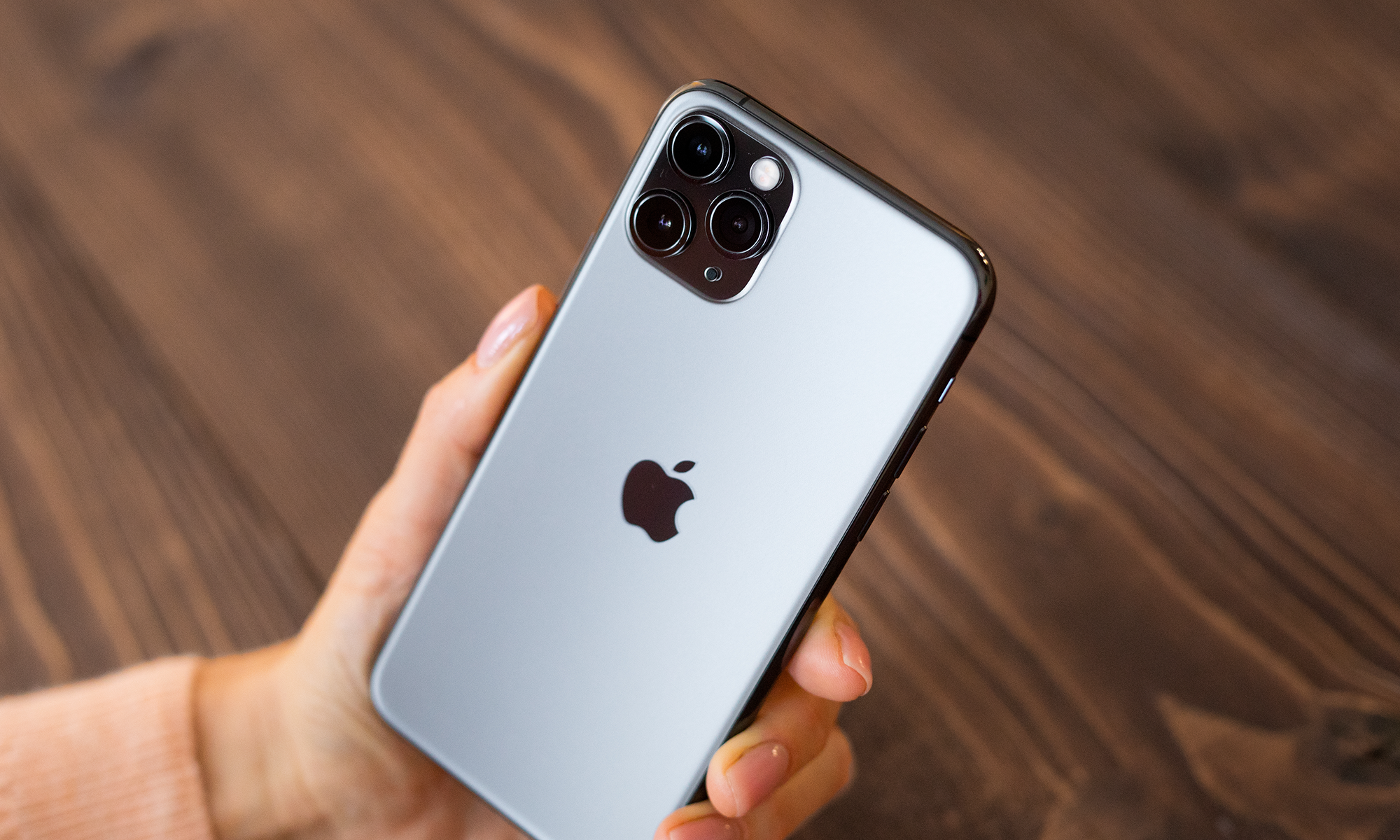Today, Apple (AAPL +0.62%) builds custom processor cores for the A-series processors that power its iOS-based products. These processor cores implement ARM Holdings' ARMv8 instruction set, which means code that's designed to run on ARM processors will run on Apple's custom processors, though Apple's goal is for its own implementations to run that code faster and/or more efficiently than other ARM-based chips.
Because Apple's processor cores implement the ARM instruction set, Apple pays a per-chip royalty fee to ARM Holdings. This royalty isn't high -- it's on the order of cents, not dollars -- but it is there nonetheless.

Image source: Apple.
There's been some speculation out there that Apple might be interested in acquiring the MIPS processor assets that struggling Imagination Technologies (NASDAQOTH: IGNMF) is now trying to sell in a bid to cut ARM Holdings out.
Here's why I don't think that's likely.
Lots of pain, practically no gain
Transitioning Apple's iOS and the entire app ecosystem away from the ARMv8 instruction set and toward the MIPS64 instruction set wouldn't be easy. Apple would need to build a special MIPS64-compatible version of iOS and, much more importantly, it would need to get app developers to rebuild their applications to be compatible with the MIPS64 architecture.
That's, to be blunt, non-trivial.
Not only that, but Apple would also need to force its processor teams -- which are, by now, very well acquainted with ARMv8 processor development -- to move to MIPS64. This is obviously doable, but it'd be an unnecessary nuisance for Apple's chip-engineering teams.
Even if Apple could successfully pull it off, it's tough to imagine that it would yield any significant benefit to Apple. The ARMv8 instruction set architecture is generally considered to be quite good; chip expert David Kanter described it as "a clean and elegant 64-bit instruction set" and a "sound design that was well thought out and should enable reasonable implementations."
Now, these headaches would be fine if it yielded a real, significant gain in performance, chip development time, power efficiency, or an improvement along some other important vector. But the reality is that Apple's buying MIPS and building MIPS64 processors would do little more than save Apple a practically insignificant amount of money per device, and even in total.
Here's what Apple is more likely to do
Although I'd peg the odds that Apple will buy Imagination's MIPS division at pretty much zero, Imagination's MIPS team certainly has plenty of sharp engineers. Now that Imagination has publicly announced that it's actively trying to shop the MIPS assets around, I wouldn't be surprised if many of the MIPS engineers at Imagination -- particularly the cream of the crop -- are now, or will soon be, actively exploring new opportunities.
Considering Apple seems to perpetually be on the hunt for great chip engineers, I wouldn't be the least bit surprised to see a flow of engineers from Imagination's MIPS team to Apple's processor teams over the next couple of months.
In light of that, Imagination had better offload MIPS sooner rather than later, as an outflow of talent would probably diminish the value of the asset to prospective buyers.






